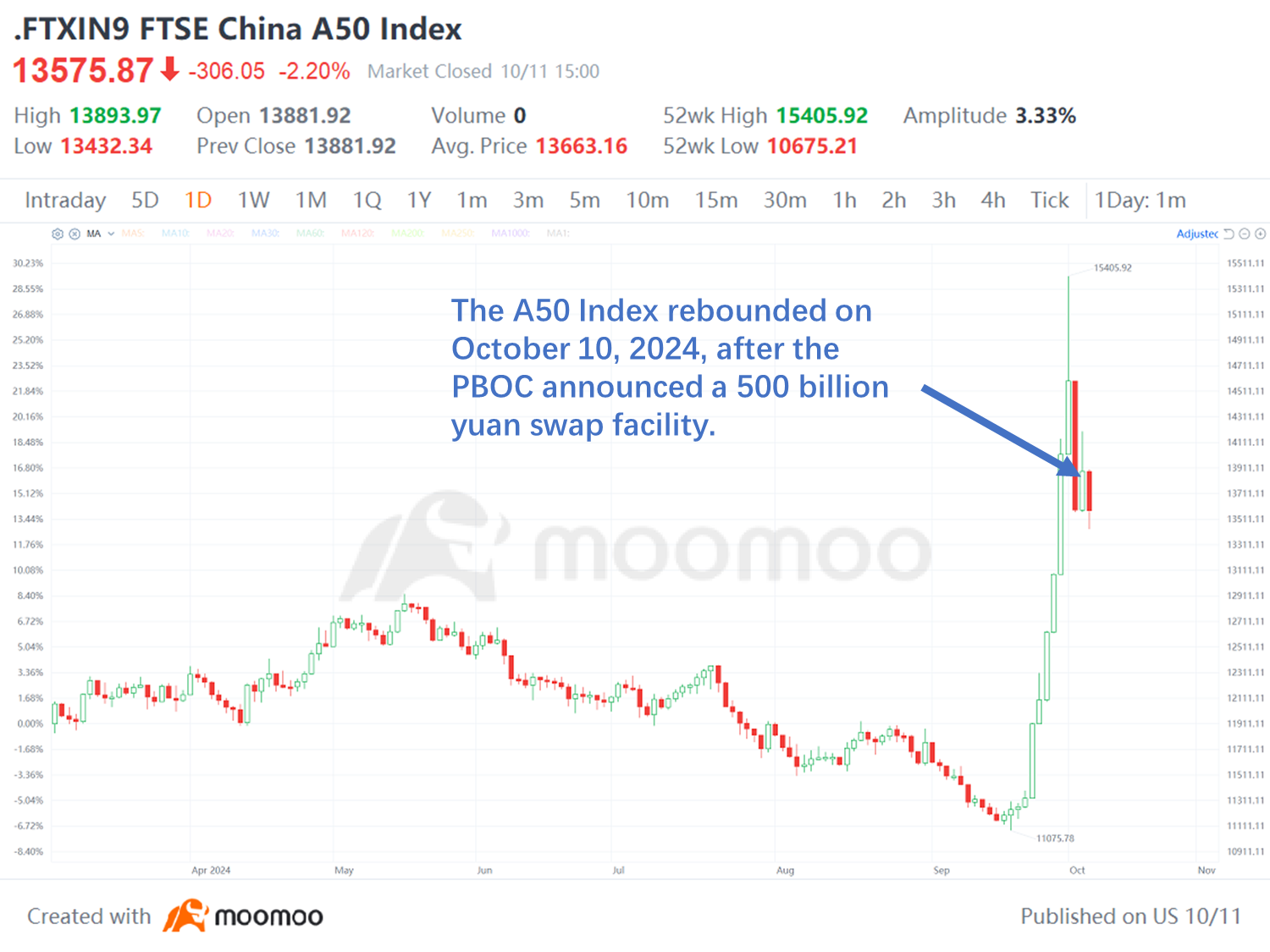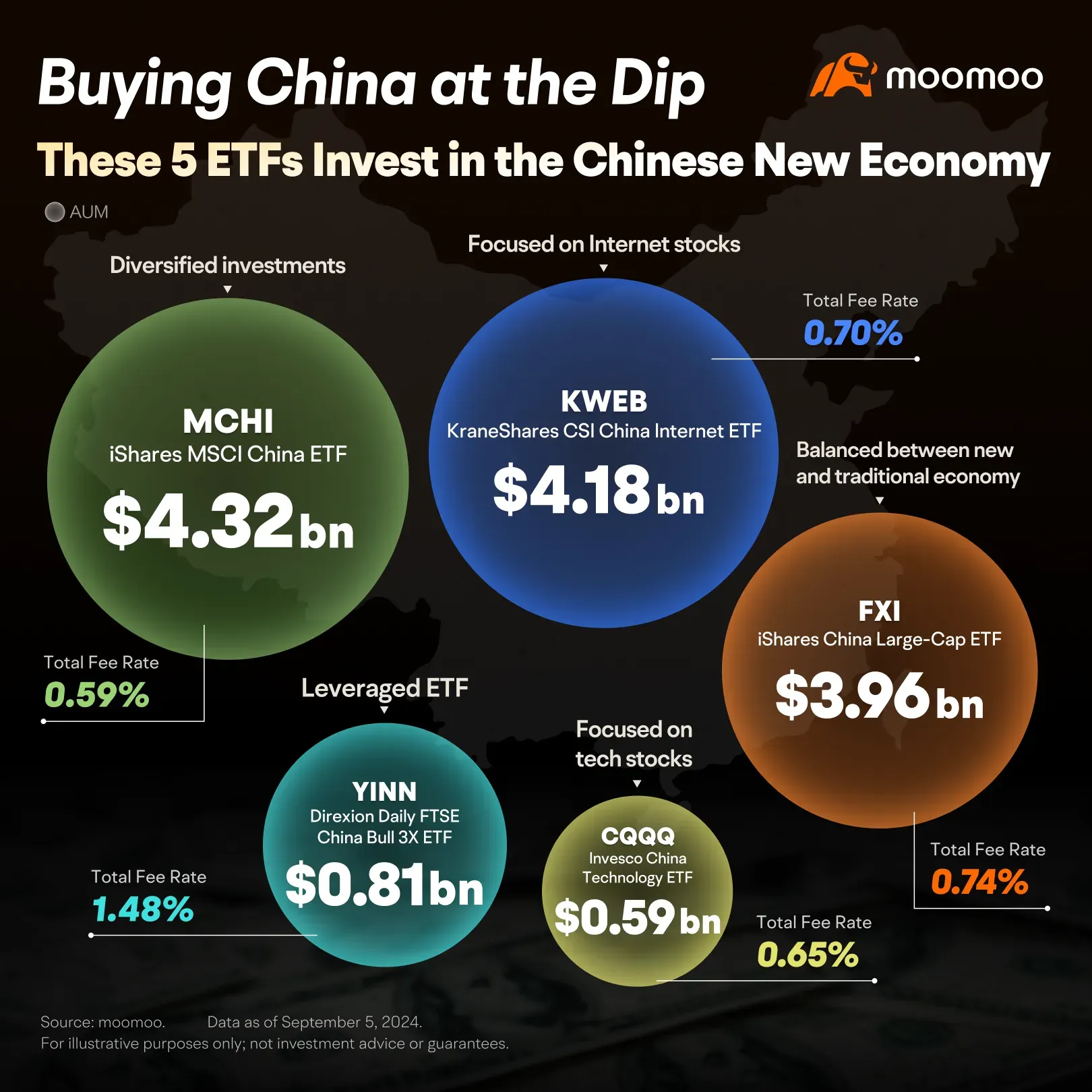The swap facility, officially called the "Securities, Funds and Insurance Companies Swap Facility" (SFISF), allows securities firms, fund companies, and insurance companies to use their bonds, ETFs, and blue-chip stocks as collateral to borrow highly liquid assets like government bonds from the central bank.


steady Pom pipi : Avoid Chinese concept stocks.![undefined [undefined]](https://static.moomoo.com/nnq/emoji/static/image/default/default-black.png?imageMogr2/thumbnail/36x36)
![undefined [undefined]](https://static.moomoo.com/nnq/emoji/static/image/default/default-black.png?imageMogr2/thumbnail/36x36)
![undefined [undefined]](https://static.moomoo.com/nnq/emoji/static/image/default/default-black.png?imageMogr2/thumbnail/36x36)
Invest With Cici OP steady Pom pipi :![undefined [undefined]](https://static.moomoo.com/nnq/emoji/static/image/default/default-black.png?imageMogr2/thumbnail/36x36) a victim of Chinese stocks?
a victim of Chinese stocks?
steady Pom pipi Invest With Cici OP :
wai999 : The previous billions of people who jumped, come and jump again.
102875548 : Need a fifth option...

 ...
...
A Humble Mooer : CQQQ FTW.![undefined [undefined]](https://static.moomoo.com/nnq/emoji/static/image/default/default-black.png?imageMogr2/thumbnail/36x36)
![undefined [undefined]](https://static.moomoo.com/nnq/emoji/static/image/default/default-black.png?imageMogr2/thumbnail/36x36)
![undefined [undefined]](https://static.moomoo.com/nnq/emoji/static/image/default/default-black.png?imageMogr2/thumbnail/36x36)
![undefined [undefined]](https://static.moomoo.com/nnq/emoji/static/image/default/default-black.png?imageMogr2/thumbnail/36x36)
![undefined [undefined]](https://static.moomoo.com/nnq/emoji/static/image/default/default-black.png?imageMogr2/thumbnail/36x36)
Tsts---- : etf should be good , looking at your recommendations
102564541 : Besides ETF, SOEs is another option.
China is not for everyone though.
章允量 :![undefined [undefined]](https://static.moomoo.com/nnq/emoji/static/image/default/default-black.png?imageMogr2/thumbnail/36x36)
102181510 : o.k
View more comments...